Christopher M. Mullin, Ph.D.
An Education Expert Empowering People and Communities
Serving
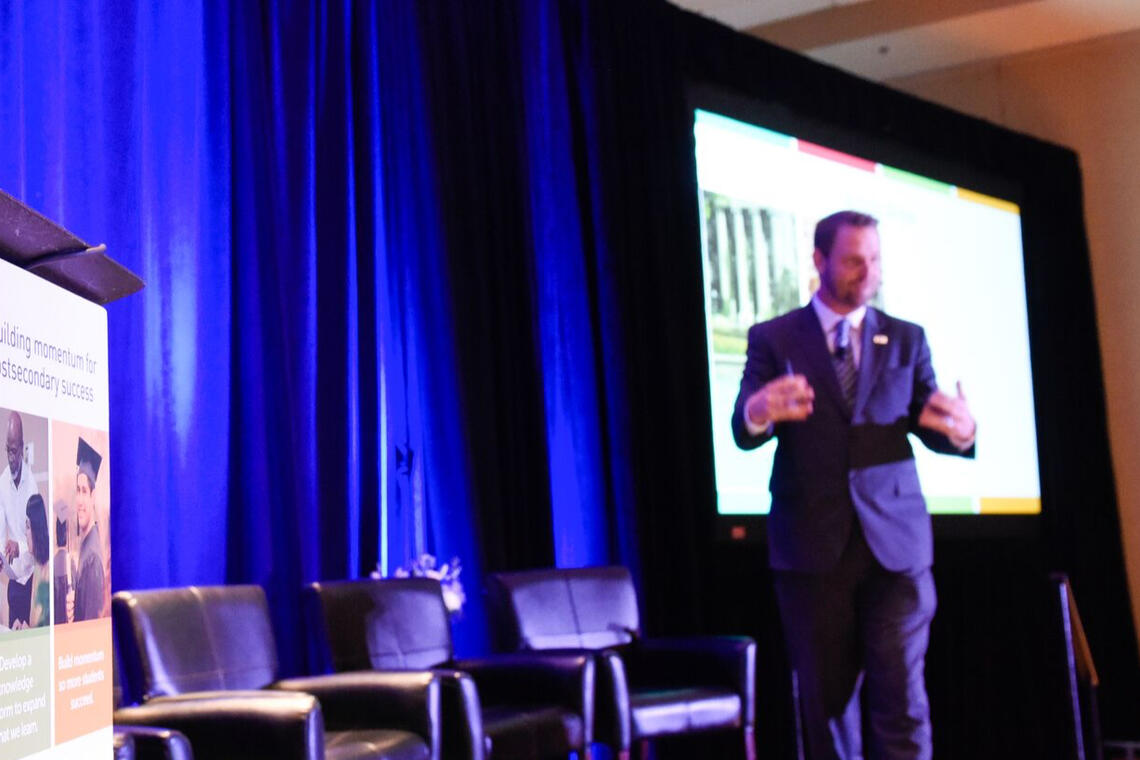
I serve by leveraging experiences in leadership roles within governmental, association and philanthropic organizations.
CURRENT
2020 - present: Strategy Director for Data and Measurement, Lumina Foundation
CAREER
2017 - 2020: Director, Strong Start to Finish at Education Commission of the States
2015-2017: Executive Vice Chancellor, Florida College System
2013-2015: Assistant Vice Chancellor for Policy and Research, Florida Board of Governors
2009-2013: Program Director for Policy Analysis, American Association of Community Colleges
2008-2009: Postdoctoral Fellow, Illinois Education Research Council
Advising
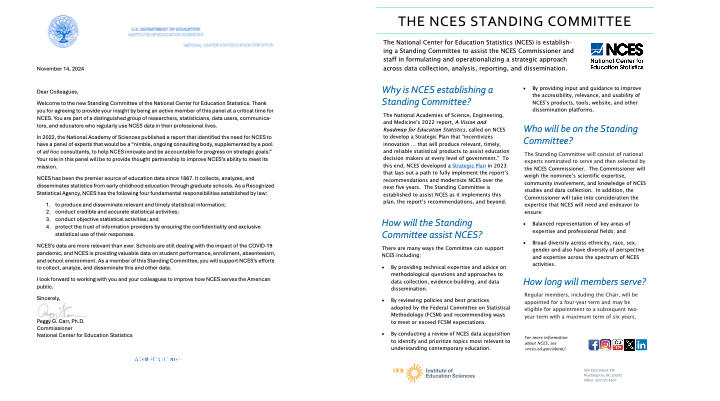
I contribute to shaping the national conversation about education by serving in a number of advisory roles.
CURRENT
2026-2030: Member, Open Campus Community College Advisory Council
2024-28: Standing Committee Member, National Center for Education Statistics
2025-26: Strategic Planning Committee Member, Florida College Access Network
CAREER
41: National Research/Advisory Board & Workgroup appointments
6: Statewide Research/Advisory Board & Workgroup appointments
7: Editorial Board appointments with three active
Writing
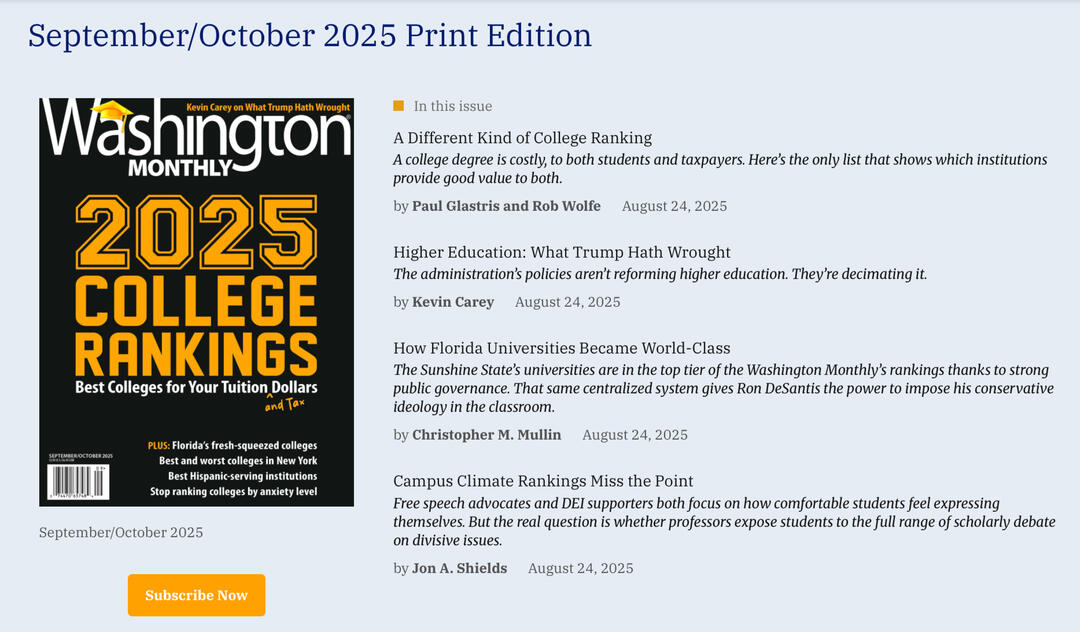
I am a prolific writer, offering authentic insights on complex issues in accessible ways.
forthcoming Book
Mullin, C. M., & Snyder, M. (2026). Higher Education Finance Research: Policy, Politics, and Practice, second edition. Emerald Publishers
CURRENT
Mullin, C. M. (2025, August 24). How Florida universities became world-class. Washington Monthly
CAREER
2: Co-authored books
5: Books as co-editor
30: Book chapters & Peer-reviewed publications
88: Policy Briefs & Reports
Informing
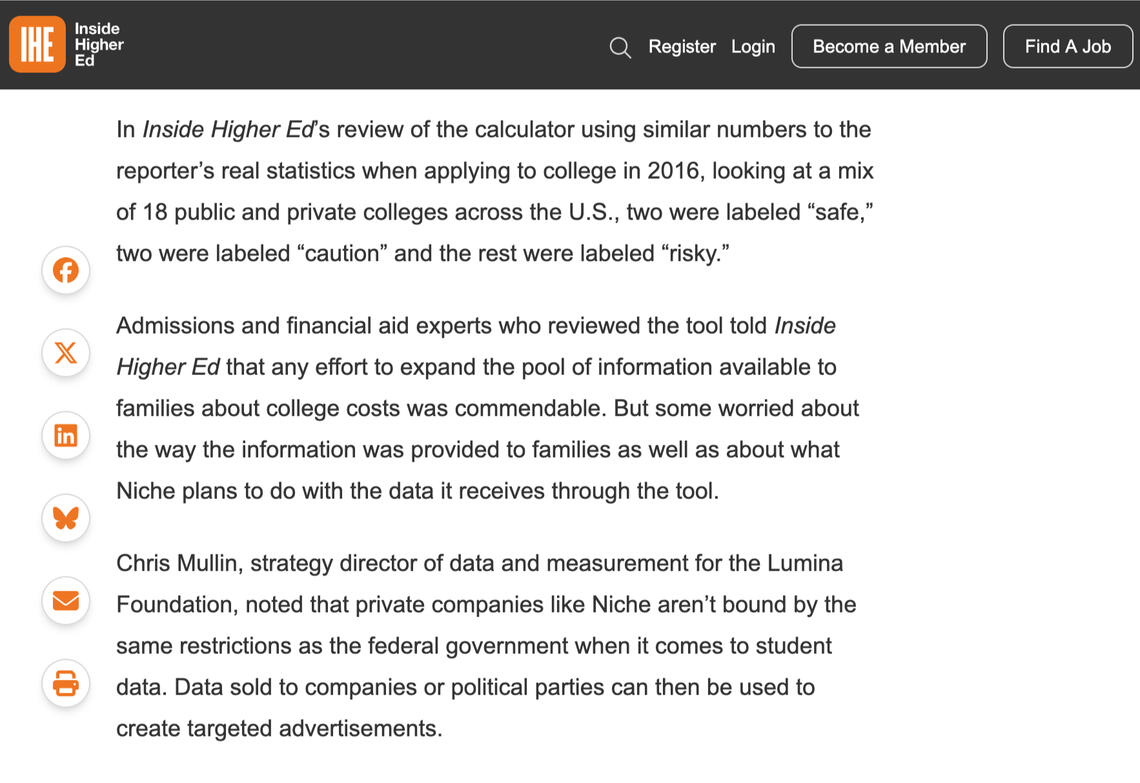
I have been called upon to inform reporting in various outlets, including The Wall Street Journal, The Boston Globe, The Chronicle of Higher Education, Inside Higher Ed and EdWeek and many others.
CURRENT
Bruns, A. (2026, January). 2026 WORKFORCE DEVELOPMENT RANKINGS: Bright Horizons. Site Selections Magazine
Weisberg, N. (2025, November 13). Where Might Trump’s Attacks on Universities Lead? Just Look at Florida. Washington Monthly
Alonso, J. (2025, November 5). This new cost comparison tool tries to account for any possible expense, InsideHigherEd
CAREER
82: Press mentions
22: Blog, newsletter & press release mentions
15: Audio/visual conversations (ex. podcasts)
speaking
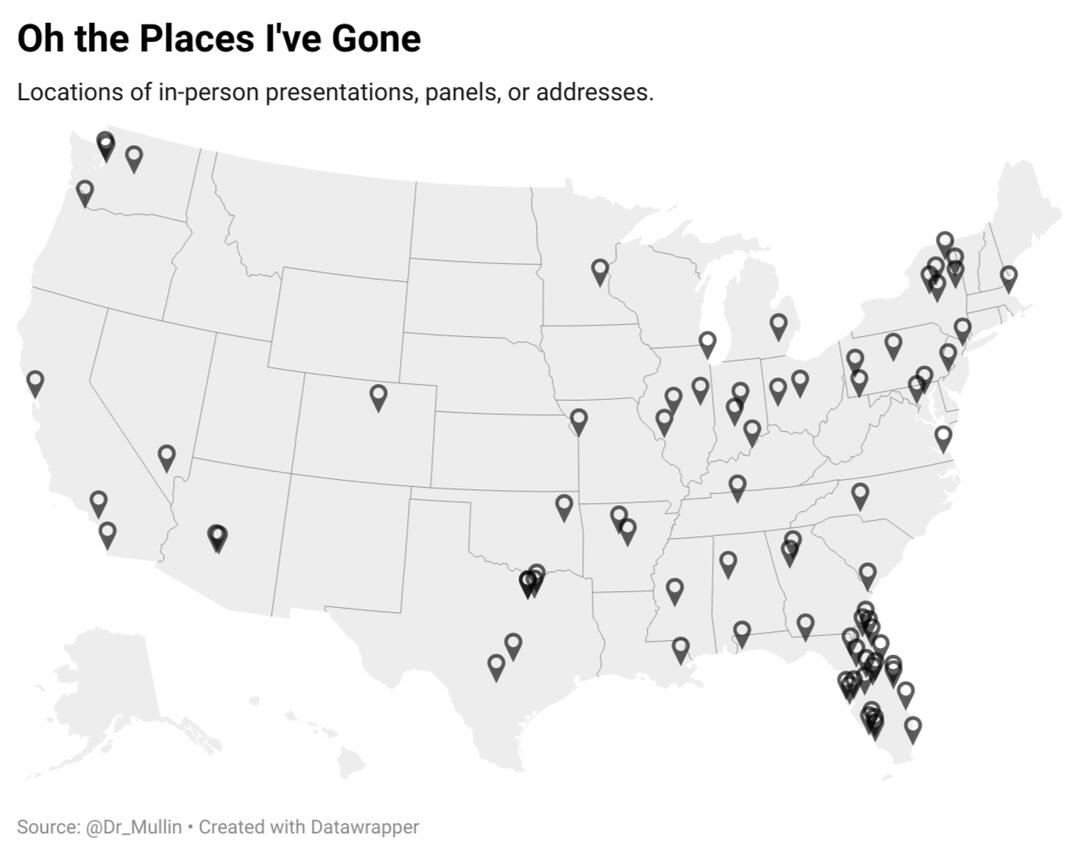
I provide engaging, insightful commentary connecting various audiences to the information they need.
CURRENT
12/10/25: Panelist at State Data Leaders Network meeting
12/10/25: Remarks at DQC 20th Anniversary event
11/21/25: Panelist on "State Uses of IPEDS" webinar
CAREER
161: National presentations
109: State presentations
68: Presentations at colleges
15: Presentations to international delegations
Educating
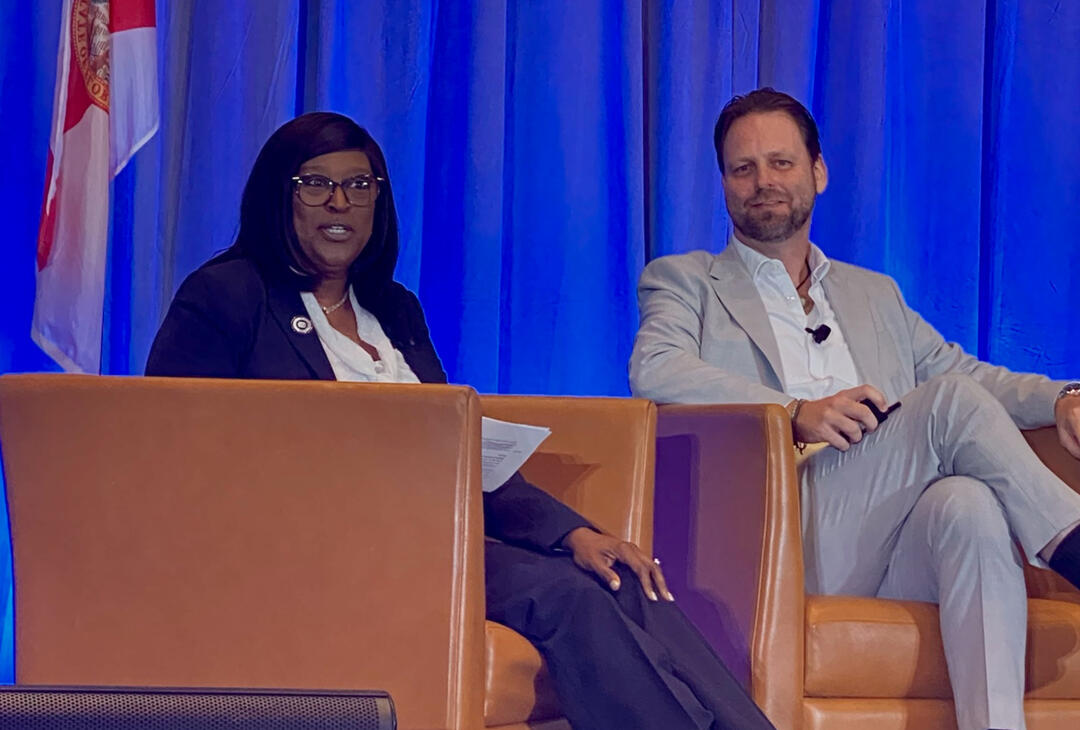
I engage students across a range of educational levels and settings to enhance their foundation for further learning.
Career
Fall 2023: Adjunct, Contexts of Educational Leadership: Advanced Higher Education Finance, University of CincinnatiFall
2015: Adjunct, Institutional Budgeting and Financial Management, University of Florida
Spring 2011 & 2012: Adjunct, Finance and Financial Management in Higher Education, George Mason University
Fall 2009 & Spring 2010: Adjunct, K-16 Finance Policy Research, University of Texas at Arlington
Summer 2005: Adjunct, Interactive Pedagogies, Teachers College Columbia University
2/03-8/03: Preschool Teacher, Tutor Time Childcare, New York, NY
9/02-2/03: Long-term Substitute, New York City Public Schools
09/01-07/02: Art Teacher, Kanapaha Middle School, Gainesville, FL
09/00-07/01: Math Teacher, REACH Charter School, New York, NY
01/00-06/00: Varying Exceptionalities Math & Heath Teacher, Spanish River High School, Boca Raton, FL
Education
2008: Doctor of Philosophy, Higher Education Administration, University of Florida
2005: Master of Education, Curriculum & Teaching, Teachers College Columbia University
1999: Bachelor of Arts in Art Education, University of Florida
Distinctions
2018: Outstanding Young Alumnus, University of Florida
2014: Distinguished Research & Practice Fellow, National Education Finance Academy
2012: Barbara K. Townsend Emerging Scholar Award, Council for the Study of Community Colleges
2012: Outstanding Graduate Award, Higher Education Administration Program, University of Florida